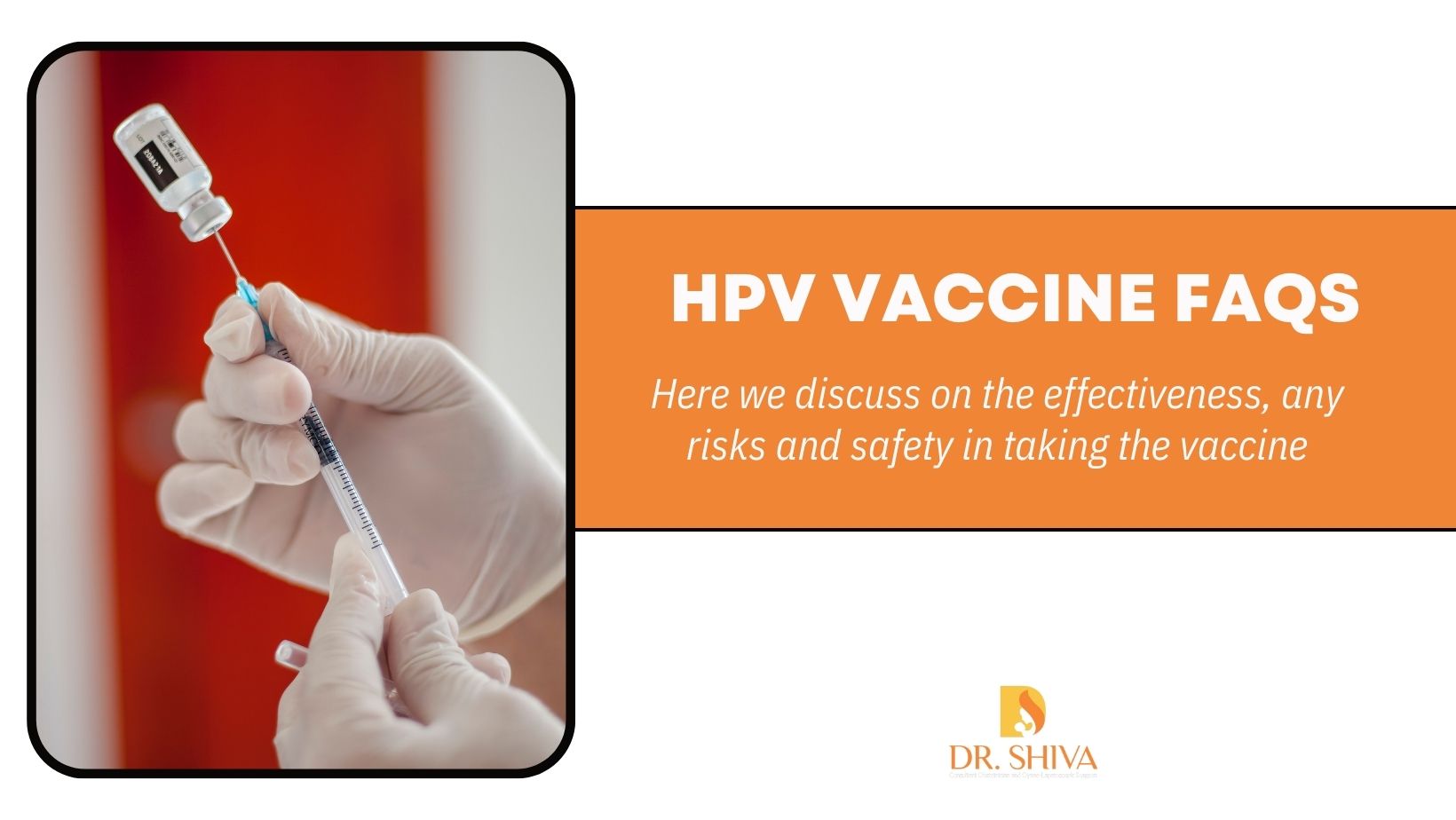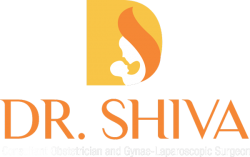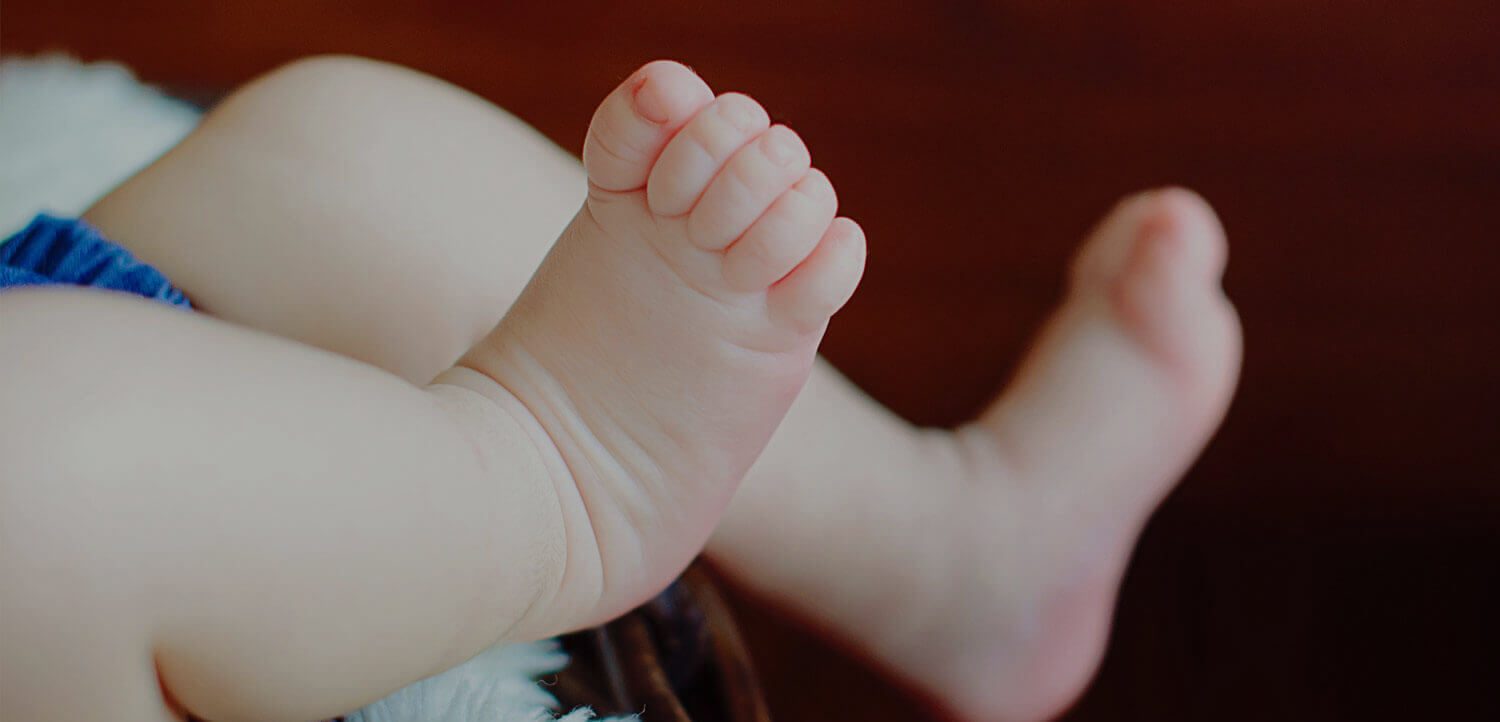
The HPV (Human Papillomavirus) vaccine is a crucial tool in preventing HPV infection and its associated health complications, including cervical cancer and other types of cancer. In this blog we will address some frequently asked questions about this vaccine, covering topics such as safety, risks, and effectiveness.
What is HPV?
Human papillomavirus is a group of viruses, some of which are categorized as high-risk types that can cause cervical cancer, anal cancer, and warts in different parts of the body. HPV is a sexually transmitted infection. In most cases, HPV infection does not display any symptoms.
Usually, for most people at some point in their life, they may get infected by HPV, and their body will naturally clear them. But in some cases, when infected by the high-risk type of HPV it will not get cleared and can also cause the growth of abnormal tissue that can lead to cancer if not treated on time.
What is the HPV vaccine?
The HPV vaccine helps protect against certain strains of the HPV. It can also help prevent genital warts, mouth and throat cancer, and anal cancers. It is administered through a series of shots and is typically recommended for both males and females in their preteen or teenage years.
When should or at what age can the vaccine be administered?
The HPV vaccine is typically recommended to be administered around 11 or 12 years of age. Vaccination at an early age allows for a better immune response before potential exposure to HPV. However, the vaccine can be given up to the age of 26 for females and 21 for males who have not previously been vaccinated. It is best to administer a vaccine before one has sexual contact and is exposed to HPV. The vaccine may not be effective if you have already been infected with HPV and the response to the vaccine is better at a younger age. The vaccine is administered in two doses with at least a 6-month gap for up to 15 years of age. For those above this age vaccine must be administered in three doses.
Who should not take the HPV vaccine?
Do not take the vaccine if you are pregnant.
Will the vaccine be of any benefit if you are already sexually active?
Yes, because sometimes you may have been infected with only one strain of HPV but this vaccine can help protect you from other types of strains.
Is the HPV vaccine safe?
Yes, extensive research has been conducted to ensure the safety of the vaccine. The vaccine has undergone rigorous testing and monitoring by regulatory authorities. Like any vaccine, it can have potential side effects, but they are generally mild, such as pain at the injection site, fever, or dizziness. Serious side effects are rare. You may experience fainting or dizziness when the vaccines have been injected. Hence remain seated for around 10 to 15 mins after receiving the vaccine. Some may also have headaches, fatigue, or nausea for some time.
Are there any risks or side effects associated with this vaccine?
The risks associated with this vaccine are minimal compared to the risks of developing HPV-related diseases. Serious adverse effects are extremely rare. The most common side effects include temporary pain or redness at the injection site and mild flu-like symptoms.
How effective is the HPV vaccine?
The vaccine has been proven to be highly effective in preventing HPV infection and related diseases. It protects against the most common high-risk HPV strains that cause most cervical cancers, as well as certain other types of cancers and genital warts. Administering the vaccine before exposure to the virus through sexual activity maximizes its effectiveness.
How does this vaccine work?
The vaccine stimulates to body to create antibodies. And once the body detects the presence of HPV these antibodies will work on the virus and prevent them from infecting the other cells.
Does the HPV vaccine replace the need for cervical cancer screenings, or can we avoid pap smear tests if the vaccine has been taken?
No, the vaccine does not replace the need for regular cervical cancer screenings such as Pap smears. It is still crucial to undergo routine screenings as recommended by your healthcare provider, from 21 years of age, as the vaccine does not protect against all types of HPV that can cause cervical cancer.
Can adults receive the HPV vaccine?
Yes, adults who have not previously received the vaccine or completed the full series can still benefit from HPV vaccination. A healthcare professional will recommend the appropriate timing and dosage.
Conclusion
The HPV vaccine is a safe and effective tool in preventing HPV infection and reducing the risk of associated diseases, including cervical cancer. It is crucial to stay informed and address any concerns with healthcare professionals. By getting vaccinated and following recommended screening guidelines, individuals can take significant steps toward protecting their health and well-being.

